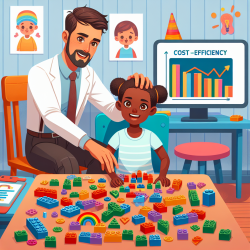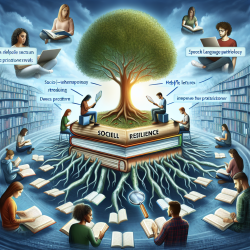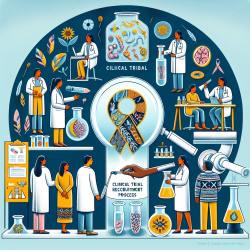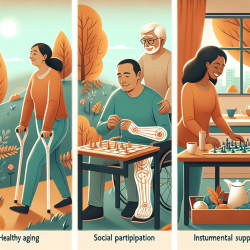As a practitioner dedicated to improving outcomes for children with autism spectrum disorder (ASD), you understand the importance of utilizing evidence-based interventions. A recent study titled "Cost-utility analysis of LEGO based therapy for school children and young people with autism spectrum disorder: results from a randomised controlled trial" provides compelling data on the effectiveness and cost-efficiency of LEGO-based therapy.
Key Findings
The study conducted a cost-utility analysis alongside a randomized controlled trial involving 248 children and young people (CYP) with ASD, aged 7–15 years, from mainstream primary and secondary schools in the UK. The intervention consisted of 12 weekly sessions of LEGO-based therapy, in addition to usual support, compared to a control group receiving only usual support.
- LEGO-based therapy was found to be cost-effective, with an incremental cost of -£251 and a marginal improvement in quality-adjusted life years (QALYs) of 0.009.
- The probability of LEGO-based therapy being cost-effective was 94% at a willingness-to-pay threshold of £20,000 per QALY gained.
- Results from sensitivity analyses were consistent with the primary outcomes, reinforcing the robustness of the findings.
Practical Implementation
As a practitioner, implementing LEGO-based therapy in your practice can be highly beneficial. Here are some steps to consider:
- Training: Ensure that facilitators are adequately trained in LEGO-based therapy techniques. Training costs are minimal, approximately £2.45 per session per child.
- Session Planning: Each session should be structured to promote joint attention, sharing, communication, and group problem-solving among the children.
- Group Dynamics: Facilitate small groups where children can take on different roles (engineer, supplier, builder) to build LEGO models collaboratively.
- Evaluation: Regularly assess the outcomes using instruments like the EQ-5D-Y and CHU-9D to measure improvements in quality of life and social skills.
Encouraging Further Research
While the study provides strong evidence for the cost-effectiveness of LEGO-based therapy, further research is needed to explore long-term outcomes and potential impacts on academic achievement and family quality of life. Practitioners are encouraged to participate in or initiate further studies to build on these findings.
To read the original research paper, please follow this link: Cost-utility analysis of LEGO based therapy for school children and young people with autism spectrum disorder: results from a randomised controlled trial.










